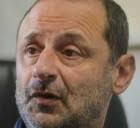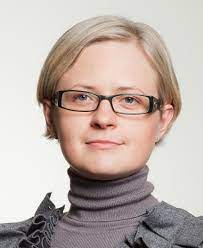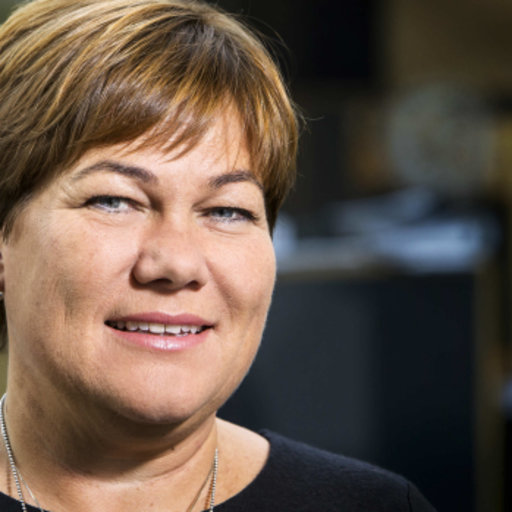PARTNERS
Liechtenstein
Partner InstitutionLiechtenstein InstituteContact
www.liechtenstein-institut.li
Malta
Partner InstitutionUniversità ta MaltaContact
www.um.edu.mt
Luxemburg
Partner InstitutionUniversité de LuxembourgContact
https://wwwen.uni.lu/
Andorra
Partner InstitutionUniversitat d’AndorraContact
https://www.uda.adCristina Yáñez de Aldecoa
Rector’s Office Coordinator, Internationalisation and International Relations
Write an email
Cyprus
Partner InstitutionUniversity of NicosiaContact
https://www.unic.ac.cy/
Estonia
Partner InstitutionTallinn University of TechnologyContact
https://www.tlu.ee/enKülli Sarapuu
Associate Professor, Ragnar Nurkse Department of Innovation and Governance
Write an email
Iceland
Partner InstitutionUniversity of IcelandContact
http://ams.hi.is/en/Pia Hansson
Director, Institute of International Affairs and Centre for Small State Studies
Write an email
Montenegro
Partner InstitutionUniversity of MontenegroContact
https://www.ucg.ac.me/
San Marino
Partner InstitutionUniversità degli Studi della Repubblica di San MarinoContact
https://www.unirsm.sm/
PROJECT AND NETWORK
On the initiative of the Liechtenstein Institute, an application for an Erasmus+ project was submitted in 2018. The application was in section KA204 - Strategic Partnership for adult education. The aim was to establish a network of European small states in order to collect information about these small states in a coordinated manner and make it available to a broad, interested audience that is willing to learn. The first step was to find partners for this ambitious project. A network of European small states with this or a similar goal did not exist before. In order to ensure that the information is provided in the desired quality, competent researchers with an appropriate institutional background had to be found.
It quickly became apparent that the European small states have considerable intellectual capacities and it was very pleasing that, with the exception of Monaco, the other nine European small states with a population size of less than 1.5 million could be integrated into the project.
Eight joint meetings were planned in different participating small states during the project period from September 2018 to the end of August 2021. At each individual meeting, two thematic focuses were usually set. The local organisers created a PowerPoint presentation as a model for the other project partners. In this way, comparable information and data were generated from the small states involved.
The first four meetings in Liechtenstein, Malta, Iceland and Cyprus were held as planned. However, the following three meetings in Luxembourg, Montenegro and Estonia had to be held in the form of Zoom conferences due to the Corona pandemic. The eighth meeting, again in Liechtenstein, was organised in hybrid form.
In parallel to the content work, a project website was developed to make the developed content publicly accessible in adult education form. The technical design of the website was the responsibility of the Liechtenstein Institute in cooperation with a web designer and an IT specialist. For the didactic implementation, courses were attended during the project and contact was made with relevant providers of online courses.
A total of 14 topics were dealt with in the course of the project, whereby each project partner was to deliver a presentation on each topic. All but one presentation were available at the end of the project, i.e. a total of 125 presentations. These were used as the basis for the topic presentation on the website. Each topic is presented separately and is broken up with a video introduction and quiz questions.
Each of these lessons provides an overview of the European small states in direct comparison. Those who want to deepen their knowledge even further or are interested in more information on individual small states can refer to the more comprehensive presentations of the individual workshops. Specific internet links are also provided for each topic, facilitating additional research for particularly interested users.
The first project round 2018 to 2021 has now been completed. However, the project partners are willing and interested in continuing the partnership and working on further topics in a second project round and also making the results publicly available on the project website.
European small states involved in the project in alphabetical order: Andorra, Cyprus, Estonia, Iceland, Liechtenstein, Luxembourg, Malta, Montenegro, San Marino.